The Future of Windows Servers: What to Expect in 2024 and Beyond
Introduction
In the ever-evolving landscape of technology, Windows Servers have played a crucial role in facilitating the operations of businesses and organizations across the globe. As we step into 2024 and beyond, the future of Windows Servers promises to bring about significant changes, enhancements, and innovations that will further empower businesses and IT professionals. In this unique blog, we will explore what to expect from Windows Servers in the coming years and how these developments will shape the future of enterprise computing.
1. Cloud Integration
- One of the most significant trends that will continue to reshape Windows Servers is the integration with cloud services. Microsoft Azure has been at the forefront of this transformation, allowing businesses to extend their on-premises infrastructure to the cloud seamlessly. In 2024, we can expect even tighter integration between Windows Servers and Azure, enabling hybrid cloud scenarios that provide flexibility, scalability, and cost-effectiveness.
- With this enhanced integration, businesses can easily migrate, manage, and secure their workloads in the cloud while still leveraging the power of Windows Servers on their on-premises infrastructure. This will facilitate better disaster recovery, improved scalability, and streamlined management, ultimately increasing efficiency and reducing costs.
2. Enhanced Security Features
- In the face of growing cyber threats, security has become a paramount concern for organizations. Windows Servers will continue to evolve to meet these challenges head-on. In 2024 and beyond, we expect enhanced security features such as zero-trust security models, advanced threat detection, and improved identity management.
- Zero-trust security models will ensure no device or user is trusted by default, requiring continuous verification and authentication. This approach will significantly reduce the risk of data breaches and unauthorized access to critical resources.
- Additionally, advanced threat detection capabilities will use AI and machine learning to identify and respond to real-time security incidents, providing a proactive defense against cyberattacks. Improved identity management will enhance security by implementing multi-factor authentication and strong access controls.
3. Containerization and Microservices
- Containerization and microservices have been gaining momentum in recent years, and this trend is set to continue in 2024. Windows Servers will embrace containerization technologies, making it easier for organizations to develop, deploy, and manage applications more modularly and scalable.
- Containers allow for the isolation of applications and their dependencies, ensuring consistent performance and easy deployment across different environments. This will enable organizations to achieve greater agility and efficiency in their software development and deployment processes.
4. AI and Automation
- Incorporating artificial intelligence (AI) and automation into Windows Servers will drive efficiency and reduce the burden on IT administrators. In the future, we can expect AI-driven insights and recommendations for server management, performance optimization, and resource allocation.
- Automation will be crucial in repetitive tasks, allowing IT professionals to focus on more strategic initiatives. This will result in improved uptime, faster issue resolution, and reduced operational costs.
5. Improved Management Tools
- As Windows Servers evolve, so will the tools used to manage them. In 2024, we can anticipate the release of more user-friendly and powerful management interfaces that simplify the administration of Windows Servers.
- These tools will offer greater visibility into server performance, resource utilization, and security posture, making it easier for IT teams to monitor, troubleshoot, and optimize their infrastructure.
Conclusion
The future of Windows Servers in 2024 and beyond promises to be a dynamic and transformative period for enterprise computing. With increased cloud integration, enhanced security features, containerization, AI-driven automation, and improved management tools, Windows Servers are poised to empower organizations with greater flexibility, scalability, and efficiency.
As businesses rely on technology to drive their operations, staying ahead of the curve and adopting these innovations will be essential for success. Embracing the evolving landscape of Windows Servers will enable businesses to thrive in the ever-changing world of IT. So, be prepared to harness the full potential of Windows Servers as they shape the future of enterprise computing in 2024 and beyond.
For more information and updates on Windows Servers, visit Instant-key.com, your trusted source for the latest technology trends and solutions.

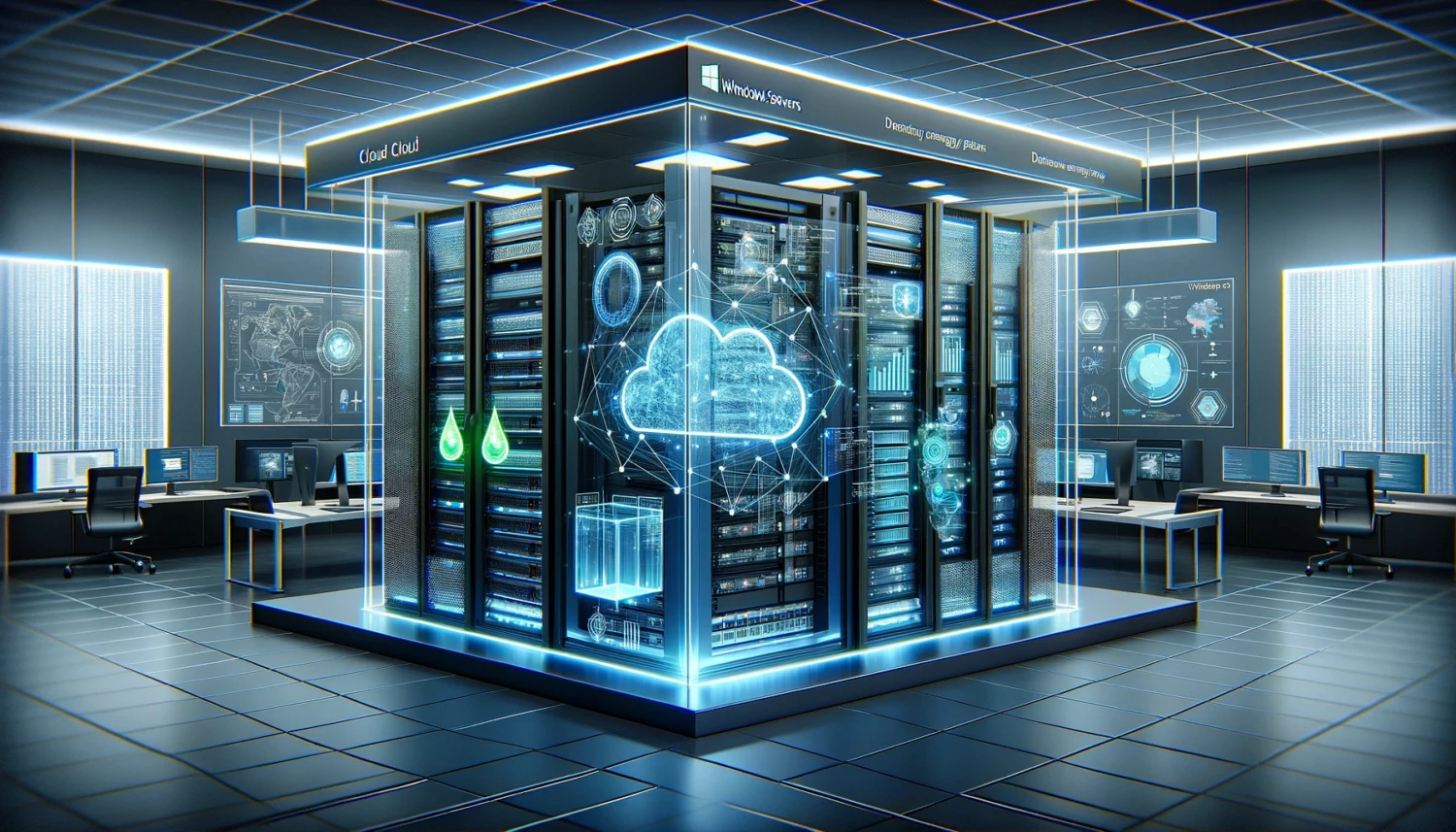
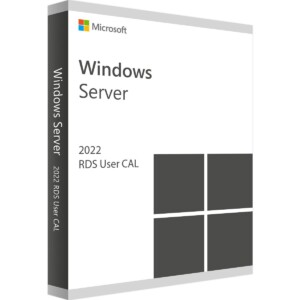


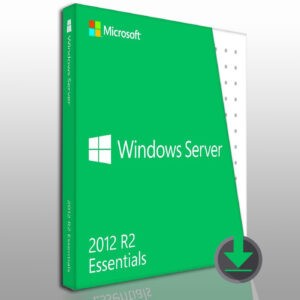
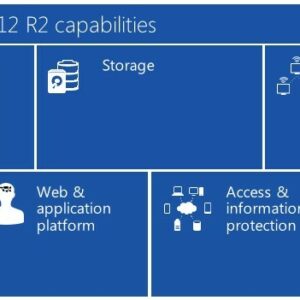





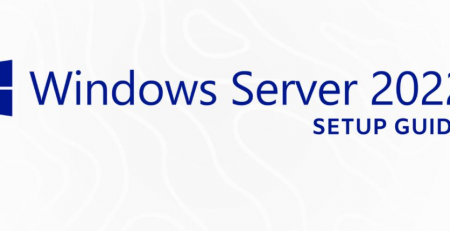

Leave a Reply